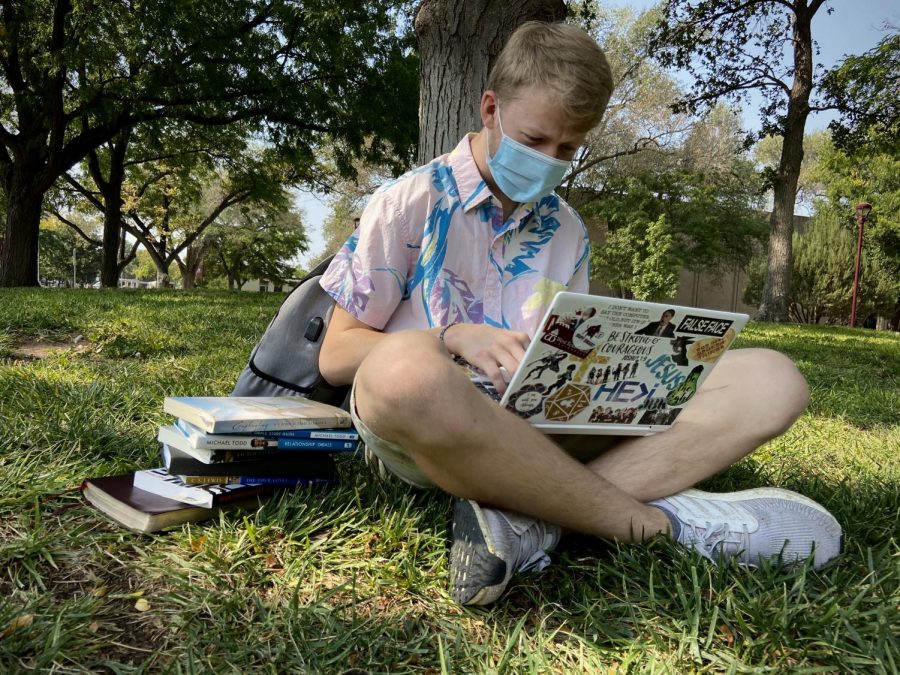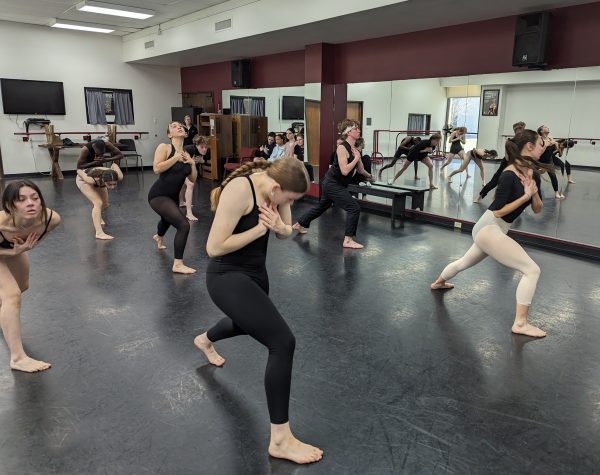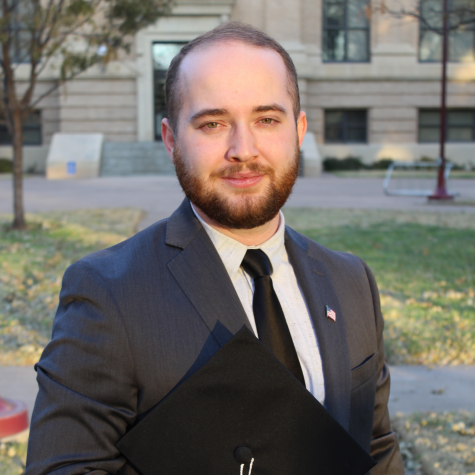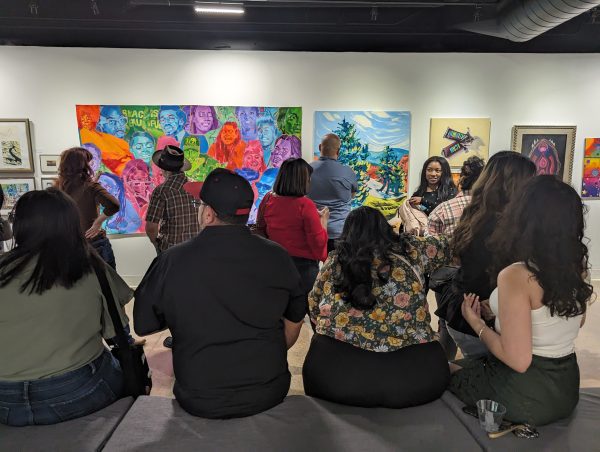OP/ED: Negative effects of a heavy workload
Students live in a society where they are told more is better. With this kind of thinking, it’s easy to become overwhelmed.
From the start of high school to even after college, the majority of young adults fill up their schedules with activities and to-do lists. A typical college schedule includes around 13 hours, a part time or full time job, and many different organizations and activities. On top of that, students try to fit in a social life. Students are taught from a young age that the more you do, the more successful you will be. This style of living tends to have the exact opposite effect.
While being engaged and involved is a key factor in college, it has become apparent that students will take on more they can handle in order to be as “productive” as possible.
“Heavy workloads and full social schedules take up most of a student’s time, especially for the ‘overachiever’ type or ‘party girl or guy’. Of course, their behavior is encouraged by a society as there is always pressure to be productive,” said Dr. Nicolas Campos in his book The Six Keys to Optimal Health.
I will admit, I have always been the perfectionist type who loads up her schedule and tries her hardest to be an overachiever. When I started college, I had this very same mindset of “more is better”. I took 17 hours, had a part time job, was in the theatre program, and involved in other campus organizations. I wanted to be as successful as society said I needed to be.
I wanted to get involved and experience college, but I so easily became overwhelmed. I’m sure this is something so many college students experience as well.
Loading up a schedule can have a range of negative effects on college students. Many students prioritize homework to the point where they minimize how much they sleep in order to stay caught up, say no to social events, stick to fast and easy meals, and skip physical activity. The only exceptions seem to be work and organization activities.
Here’s what’s happening; students are pouring out more than what is being poured into them.
In order for students to have better results, they need to first and foremost take care of themselves. This means eating healthy, getting some form of physical activity, having a regular sleep schedule, and even making sure to have time for community. Something I have noticed is that students are not taking care of themselves. They make the excuse that school is the top priority and say things like “I can sleep after I graduate.”
Sleep, diet, and exercise are allare key components in students’ health. When one is messed up, it affects the others, as well as daily lives.
“Health is complex – if one part of the body system suffers, you’re likely to see consequences in other areas of your life. Though diet and exercise are critical components of healthy lifestyles, it’s also important to remember that sleep is inherently linked with how we eat (and how much), how we exercise (and whether or not we lose weight), and how we function on a daily basis,” said an article on Sleep Foundation.
It is so important to take the time to take care of yourself, even if that means taking a break from homework or finding time in your day to simply reset. There is not enough time to say yes to everything. It is important for every student to learn to say no and focus on their priorities.
encourage you to become aware of how your body is feeling. Take the time to sit and chat with a friend, to go for a walk, and be conscious of how much water you are drinking. Most importantly, don’t be afraid to say no. Your time is precious, make sure what you do is something you are truly passionate about. When your body is happy, you’re happy. When you’re happy, your work begins to see that as well.

My name is Skylerr Patterson. I am a junior, broadcast journalism major from Electra, TX. I want to become a traveling journalist after I earn my degree....


















